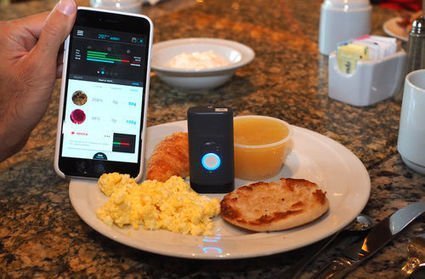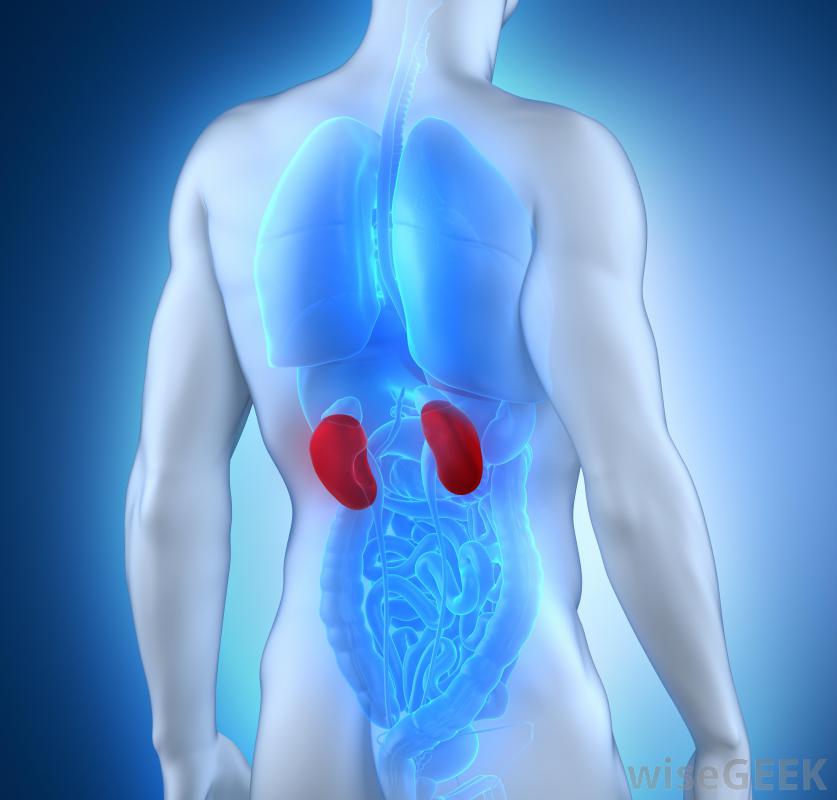Dieting, exercise or combination of both equally effective in improving cardiovascular health
Which works better to improve the cardiovascular health of those who are overweight – dieting, exercise or a combination of both? A Saint Louis University study finds it doesn’t matter which strategy you choose – it’s the resulting weight loss that is the protective secret sauce.
How to Stop Dieting: 3 Keys to Sane, Sustainable Weight Loss
Most diets don’t work because they’re impossible to stick with for the long term. Try following these principles for successful sustainable weight loss.
Americans eat way too much sugar — here’s where it comes from
The new dietary guidelines allow even less sugar than you think.
Added fructose is ‘a principal driver of type 2 diabetes’
In Mayo Clinic Proceedings, experts urge drastic reductions in the consumption of added sugar.
Heart Disease Infographic
Those who consume alcohol moderately (approximately 1 drink daily or less) are 14-25% more unlikely to develop heart disease
The DietSensor’s App Keeps You From Cheating On Your Diet

The DietSensor app and Scio scanner can analyze the foods you’re eating, and if they’re healthy for you.
Read full article here : toms guide.com
Read the full article at: www.tomsguide.com
Calorie tracking apps seem like a good idea in theory, until you get to know just how prone they are to human error. After all, how are you supposed to know how many cups of pasta you have on your plate, or how many cashews are in an ounce ?
While some dietitians have begun asking their clients to send them pictures of their aliments to provide a more accurate picture of how much they’re eating (and how it converts into nutrients), now, there’s a better and easier way. Meet the DietSensor’s app, pairs via Bluetooth with the Scio sensor, which has a small infrared sensor on one end. When placed against your food, it analyzes the signal reflected by the food, and then compares it to DietSensor’s database to determine what’s on your plate. We will also release a pocket-size scale with a partner, so that you can know the weigh of your food on the go, too. Within the app, it shows how much carbohydrates, fats, and proteins are in what you’ve scanned and weighted, and counts it against your recommended daily intake. As both the app and the sensor are still in final production — they won’t be available until september-2016 — the beta test seems to be all set for July and all pre-orders can be taken from our website. DietSensor is still tweaking its algorithm to be able to have a large variety of homogeneous food you may wish to eat.
Overweight And Pregnant: DietSensor Helps You To Manage Weight Gain During Pregnancy

New research suggests gorging on junk food in pregnancy increases the risk a woman’s children, grandchildren and great-grandchildren will suffer metabolic problems. The sad part is that the findings show the risks remains even if their offspring consume healthy diets.
Diabetes and kidney disease may increase African-Americans’ cardiovascular-related risks

Diabetes and kidney disease, separately and together, were linked with increased risks of stroke, coronary heart disease, and cardiovascular mortality in African-Americans living in Mississippi.
Specific diet plan works better than drugs for type 2 diabetes, study shows

Highly structured nutrition therapy helped type 2 diabetes patients reach health goals similar to those accomplished with medications, researchers report. « This is very encouraging since participants un the study have lived with type 2 diabetes for more than 10 years and were not able to control their blood glucose or weight with multiple medications. »
How to Avoid Diabetic Complications

Long term diabetic complications are the result of one or more parts of your body becoming damaged as a result of diabetes.
Long term complications need not be inevitable and research indicates that it is possible to minimise complications or avoid or prevent them altogether.



